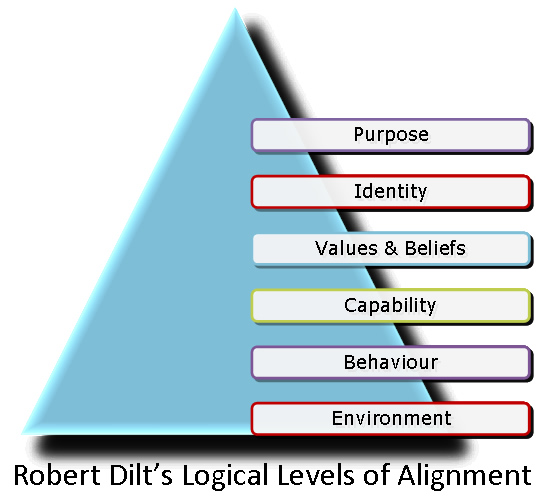
On a recent trip to Rome and having route marched our way around the various sights, I sat with friends in the Piazza di Ponte Sant’Angelo with a glass of wine as the world went by.
 As we sat and people watched, the conversation reverted back to a previous one about just how stylish Italians are and how they always look immaculate and full of confidence.
As we sat and people watched, the conversation reverted back to a previous one about just how stylish Italians are and how they always look immaculate and full of confidence.
Whether they are popping out for a paper, a coffee, going to work or in any other aspect of their everyday lives they always seem to be at their best.
I’m sure there are exceptions to the rule, however most Italians seem to have a very clear idea of themselves and their Personal Brand.
Italians may dress impeccably, however more than this they exude flair and self-confidence, capturing your attention through their body language, expressiveness and sense of who they are.
Some new managers do apply an element of the approach by buying a new car, or at the very least a new suit so they look the part.
Having a Personal Brand is so much more than a new suit however. It’s about demonstrating your credibility, being consistent in your behaviour and demonstrating your leadership style in the decisions you make and inspiring others to follow your lead.
Robert Dilt’s Logical Levels of Alignment seems to encompass all the aspects of what creates a successful Personal Brand:

If we are:
- happy in our environment and the situations we find ourselves in
- consistent with our behaviour no matter who we are dealing with
- continually striving to be the best we can be
- staying true to our values and beliefs
- comfortable in our identity
- utilising all these aspects with a sense of purpose
then we have the basis of a Personal Brand.
David Beckham, Katie Price, Margaret Thatcher whether we love them or loathe them all appear to have this sense of self.
We all have our professional facades, our poker faces or whatever you want to call them, however these can shatter when our world is rocked, or we are challenged, shocked, surprised or scared in the situation we find ourselves in.
When analysing the situation we may consider if it was the environment that made us react the way we did. Whether it was the person we were dealing with that pushed our buttons or a lack of skills or knowledge that stressed us out.
Sometimes it can be far more deep rooted than this and we need to look beyond the first 3 levels to understand and learn from the experience.
Ask yourself whether it was your beliefs and values that were challenged or were not being fulfilled enough (level 4)? Did the experience clash with how you think of yourself and made you react the way in which you did (level 5)? Or did the situation conflict with your aspirations or underlying purpose in life (level 6)?
With this level of insight we can:
- build a strong sense of Personal Brand that allows us to demonstrate credibility
- ensure our behaviour is predictable to others, which in turn makes it easier for people to engage with us,
- potentially allows us to exude an ‘Italian’ level of confidence in our role as a manager
Recognising underlying issues and having the right tools and techniques to plan for, and deal with situations head on ensures we stay true to ourselves and effective in our roles.
If you would like more information on this topic, Influencing Skills or our various Management Skills programmes then drop us a line at enquiries@fourstepstraining.com or call us on 023 9248 1549.
Alternatively you can still get a new car.

Here’s one that took my attention whilst mulling over what make’s Italians so very stylish.
Leave a Reply